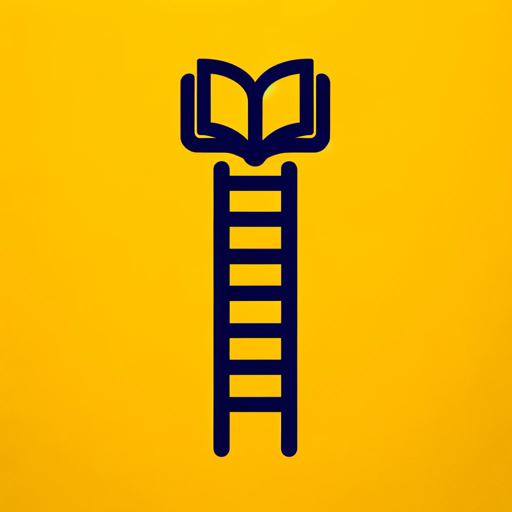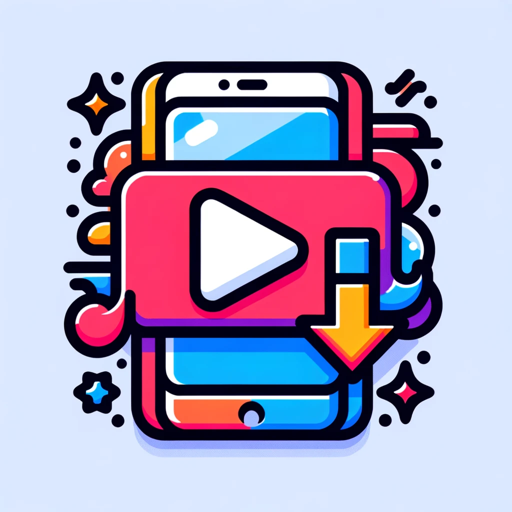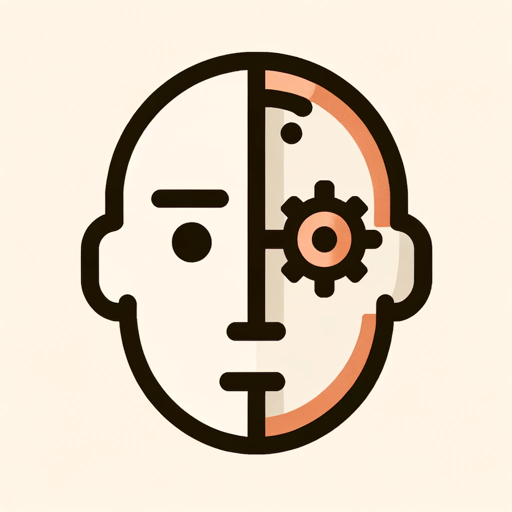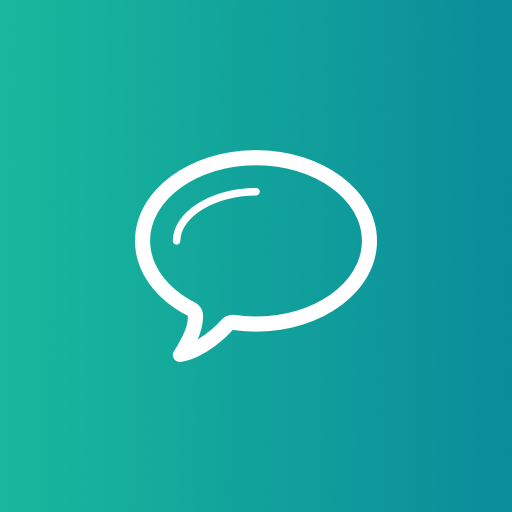Learn Leap-AI-powered learning assistant
Simplify learning with AI-driven insights.
Can you explain quantum mechanics?
How do I use the Feynman Technique for studying?
Help me understand photosynthesis using visual aids.
What is the best way to memorize historical dates?
Related Tools
Load More
JavaScript Guru
Master Class - Teaching and creating code examples.

Richard Feynman
Adopting the role of Richard Feynman, focusing on accessible, engaging science and his unique teaching style.

Learning Journey
A guide for personalized learning journeys in various subjects with interactive modes.

LearningLadder
I'm LearningLadder, your interactive learning game!

Learn Bubble.io
Your Bubble.io expert at learnbubbleio.com! Here to guide you at any skill level.

Quantum Mentor
Academic guide for quantum and math concepts.
20.0 / 5 (200 votes)
Introduction to Learn Leap
Learn Leap is a tutoring platform that utilizes several proven learning methodologies, such as the Feynman Technique, SQ3R Method, Elaborative Interrogation, and Active Recall, to facilitate effective learning. The design of Learn Leap centers around interactive, personalized learning experiences that help users understand complex topics by breaking them down into simpler terms. By using visual aids, question-based engagement, and iterative self-testing, Learn Leap supports users in actively engaging with the material rather than passively consuming it. For example, a user struggling with a challenging physics concept might use Learn Leap's application of the Feynman Technique to simplify the concept into child-friendly language, leading to a deeper understanding.

Main Functions of Learn Leap
Simplified Explanations using the Feynman Technique
Example
Explaining complex concepts in simple terms suitable for a child to understand.
Scenario
A student preparing for an exam in organic chemistry uses Learn Leap to break down the reactions and mechanisms into simpler steps, ensuring they can explain these to a 12-year-old. This helps them identify gaps in their understanding and reinforces their learning.
Active Recall and Practice Testing
Example
Creating question-based learning sessions to test memory retention and identify weak points.
Scenario
A medical student uses Learn Leap to create flashcards and practice questions on medical terminology. Through repeated testing, they strengthen their ability to recall information quickly and accurately during exams.
Guided Reading and Comprehension using SQ3R Method
Example
Applying structured reading strategies to enhance retention and understanding of written material.
Scenario
A high school student uses Learn Leap's SQ3R approach to study a history chapter. They first survey the chapter, formulate questions, read to find answers, recite the information in their own words, and review the material periodically to ensure long-term retention.
Ideal Users of Learn Leap Services
Students in Formal Education
Students at various levels of education, from elementary school to university, can benefit from Learn Leap's approach. By providing structured techniques like Active Recall and the Feynman Technique, students can improve their comprehension and retention of complex subjects, preparing them better for exams and assignments.
Lifelong Learners and Self-Improvers
Individuals who are not currently in formal education but have a passion for continuous learning. These users can benefit from the personalized learning strategies that help them understand new topics deeply, whether they are learning a new language, a musical instrument, or professional skills.

Guidelines for Using Learn Leap
1
Visit aichatonline.org for a free trial without login; no need for ChatGPT Plus.
2
Choose your subject or area of interest to start a tailored learning session.
3
Use visual aids and simplified explanations for complex topics to enhance understanding.
4
Actively engage by articulating concepts in your own words to solidify learning.
5
Receive feedback, clarifications, and additional resources to strengthen areas of weakness.
Try other advanced and practical GPTs
Universal Video Downloader
AI-powered universal video downloading

Vision Weaver for AnimateDiff
AI-powered text prompts for stunning video creation

Advanced Meta-Prompt Engineering
Optimize AI responses with advanced prompt engineering.

Humanizer V2.3 (by GB)
AI-Powered Text Humanization

Asmongold
Your no-nonsense guide to gaming, streaming, and life.
長崎そよ
AI-powered support for MyGO!!!!! enthusiasts.

MAANG Interviewer
AI-powered interview preparation for top tech companies.

Voice Control
Transform ChatGPT with AI-powered voice control.

Career Coach
AI-Powered Career Guidance for Success

Islam AI V1.1- #1 Muslim Assistant
Your AI Companion for Islamic Knowledge.

Write Release
AI-powered press release creation.

Free PhD Student
AI-powered tool for academic research.

- Study Aid
- Skill Building
- Test Prep
- Memory Boost
- Knowledge Review
Learn Leap Q&A
What is Learn Leap?
Learn Leap is an AI-powered educational tool designed to help users deeply understand topics by simplifying complex subjects and reinforcing knowledge through interactive learning techniques such as the Feynman Technique.
How can I use Learn Leap to improve my understanding?
Learn Leap breaks down topics into simple, easy-to-understand concepts and encourages users to explain them in their own words, reinforcing retention and comprehension.
What are the benefits of using Learn Leap?
Learn Leap helps users retain information more effectively through active recall, elaborative interrogation, and spaced repetition, leading to better learning outcomes in both academic and professional settings.
Is Learn Leap suitable for all subjects?
Yes, Learn Leap can be applied to any subject, from scientific concepts to humanities, by breaking down complex ideas into manageable chunks and facilitating deep comprehension.
How is Learn Leap different from other educational tools?
Learn Leap focuses on simplifying complex topics and encourages active engagement through personalized feedback and visual aids, which are backed by proven learning techniques such as the SQ3R Method and Feynman Technique.